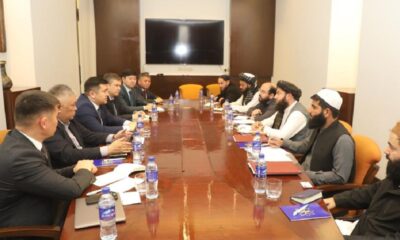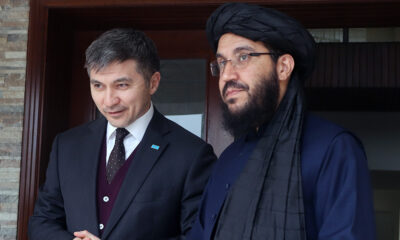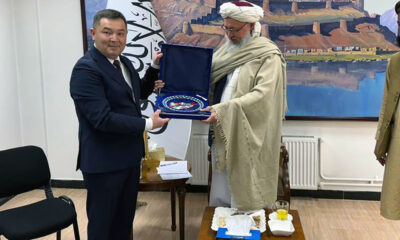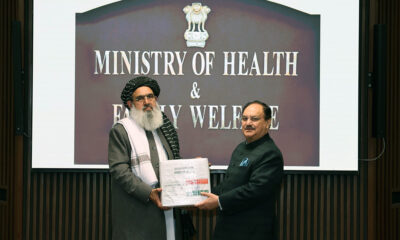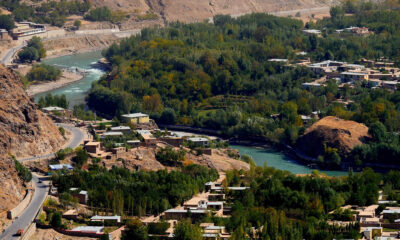Latest News
CIA chief reportedly made unannounced trip to Kabul
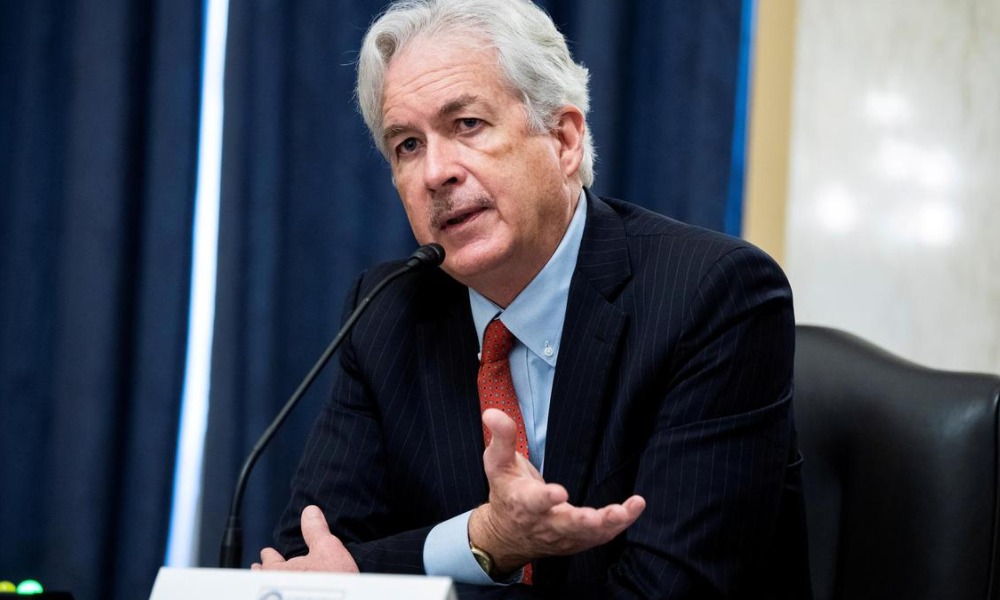
CIA Director William Burns reportedly made an unannounced visit to Kabul recently amid mounting concerns about Afghansitan’s capability to fight terrorism once the US and NATO forces withdraw.
The Associated Press reported Saturday that two credible sources had confirmed the visit. In Washington, the CIA declined to comment when asked by AP about the director’s schedule and the agency’s role in Afghanistan.
However, a senior former Afghan security official told AP that two of six units trained and run by the CIA to track militants have already been transferred to Afghan control.
Two Afghan officials told AP that Burns quietly visited Kabul last weekend. They would not say whom Burns met with, but said some of the discussions addressed Afghanistan’s preparedness after the U.S. pullout.
Burns also reportedly reassured Afghan officials that the U.S. would continue to be engaged in counterterrorism efforts.
AP reports that concerns are mounting that Afghanistan’s security forces won’t be able to halt a march by Taliban insurgents on government-held territory or battle terrorist groups without the help of U.S. and NATO soldiers.
The former security official told AP he believes terrorism-fighting capabilities will be significantly reduced once the roughly 2,500 to 3,500 U.S. troops and 7,000 allied NATO soldiers leave.
The official said the CIA had been training and running Afghan special forces known as Counter Terrorism Pursuit Teams, or CTPT.
According to AP, the teams are located in the provinces of Kunar, Paktia, Kandahar, Kabul, Khost and Nangarhar.
The official said the plan is to gradually hand them over to the National Directorate of Security (NDS). So far, the Kunar and Paktia units have been transferred to Afghan control, he said.
The CTPT teams are feared by many Afghans and have been implicated in extra-judicial killings of civilians. In 2019, the head of the Afghan intelligence service, Masoom Stanikzai, was forced to resign after one of these units was implicated in the summary execution of four brothers.
Earlier this year, in Afghanistan’s eastern Khost province, one of the teams was accused of gunning down civilians in a counterterrorism operation. The United Nations has also criticized the tactics of these units, previously blaming them for a rise in civilian casualties along with insurgent groups.
The former security official said that without the U.S. troops, Afghanistan’s technical intelligence gathering will suffer. Right now, some of the greatest successes in fighting terrorism and the narcotics trade have come from U.S. intelligence gathering, he said.
Meanwhile, a Western diplomat in Afghanistan said the unexpected U.S. announcement of an unconditional withdrawal left many security questions unanswered — such as what happens to NATO’s surveillance equipment and the giant blimp that hovers over the capital. The blimp provides real-time intelligence and 24-hour surveillance.
AP reported that David Barrett, a professor at Villanova University who specializes in the history of intelligence policy, said the troop pullout will reduce the amount of intelligence gathered by the military and ultimately provided to the CIA. But the U.S. can still monitor electronic communications and other signals with its advanced technology, and could intervene militarily if it assessed a threat to an American target, he said.
“We have amazing capabilities for knowing what’s happening on the ground,” he said. “If anyone, anywhere in Afghanistan decides they want to develop any ability to strike the U.S., they would be making a very big mistake.”
Latest News
Afghanistan and Kyrgyzstan boost trade and digital finance ties
Minister Sydykov, in turn, pledged the continuation of Kyrgyzstan’s humanitarian assistance to Afghanistan and highlighted his country’s interest in working together on e-governance initiatives.
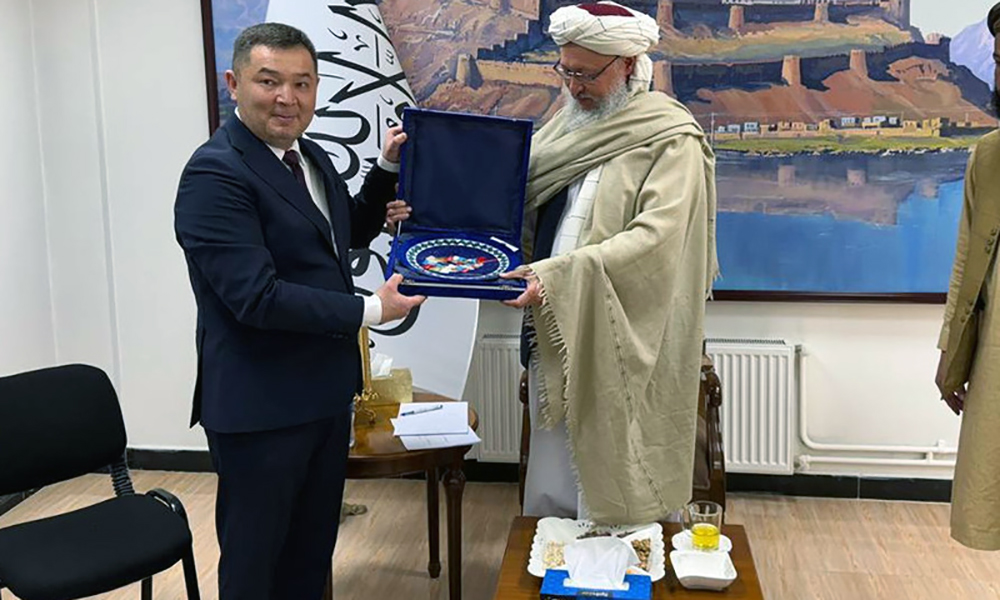
Afghanistan’s Deputy Prime Minister for Administrative Affairs, Abdul Salam Hanafi, has met with a high-level Kyrgyz delegation led by Minister of Economy and Commerce Bakhyt Sydykov to discuss expanding bilateral trade and strengthening cooperation in digital financial services.
During the meeting, Hanafi reaffirmed Afghanistan’s readiness to deepen ties with Kyrgyzstan, stressing the importance of developing electronic administration systems and modern banking channels to facilitate trade and financial transactions between the two countries.
Minister Sydykov, in turn, pledged the continuation of Kyrgyzstan’s humanitarian assistance to Afghanistan and highlighted his country’s interest in working together on e-governance initiatives. He also pointed to potential cooperation in areas such as the printing of securities and the development of electronic payment systems.
Latest News
India reaffirms healthcare support to Afghanistan, hands over medicines and vaccines
Indian officials said the support underscores New Delhi’s commitment to helping improve healthcare services and access to life-saving treatment in Afghanistan.

India has reaffirmed its commitment to continued humanitarian assistance and healthcare cooperation with Afghanistan, with a focus on the long-term supply of essential medicines.
According to the Ministry of Health and Family Welfare of the Government of India, Union Health Minister J.P. Nadda held a productive meeting with Afghanistan’s Minister of Public Health, Noor Jalal Jalali. The discussions focused on strengthening cooperation in the health sector and addressing the medical needs of the Afghan people.
During the meeting, a symbolic handover of cancer medicines and vaccines was carried out, reflecting India’s ongoing support for Afghanistan’s healthcare system. The ministry also announced that a larger consignment of medicines, vaccines, and a 128-slice CT scanner is being dispatched to Afghanistan as part of India’s humanitarian assistance efforts.
Indian officials said the support underscores New Delhi’s commitment to helping improve healthcare services and access to life-saving treatment in Afghanistan.
Latest News
Afghan forces target hideout of suspects linked to cross-border attacks on Chinese nationals
Afghan forces target hideout of suspects linked to cross-border attacks on Chinese nationals
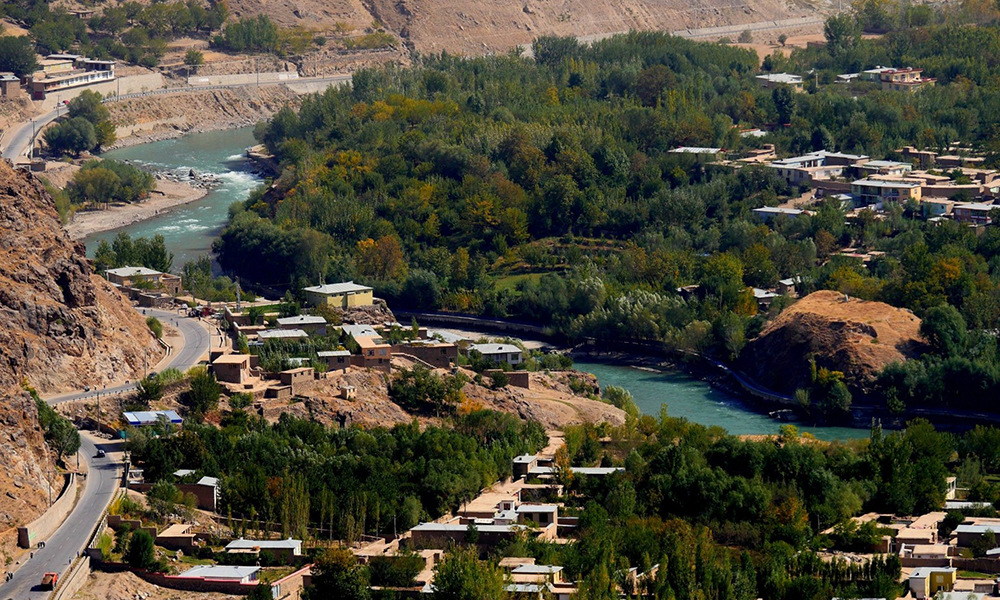
Security sources said that special forces of the Islamic Emirate of Afghanistan (IEA) have targeted a hideout in Badakhshan province linked to suspects involved in attacks against Chinese nationals in neighboring Tajikistan.
According to the sources, the operation was carried out on Tuesday night in Faizabad city, where several individuals suspected of orchestrating cross-border attacks from Badakhshan’s frontier regions were believed to be present. As a result of the operation, one wanted suspect was arrested alive along with weapons and other military equipment.
The sources added that preliminary investigations and initial confessions by the detainee indicate the planning of the attacks was carried out from outside Afghanistan.
This comes as Tajikistan’s Ministry of Foreign Affairs announced on November 27 that three Chinese citizens were killed in an attack in Khatlon province.
-

 Latest News4 days ago
Latest News4 days agoUS delivers second batch of Afghan Black Hawk helicopters to Peru
-

 Latest News3 days ago
Latest News3 days agoGermany speeds up admission of Afghans from Pakistan
-

 Sport3 days ago
Sport3 days agoIPL 2026 Auction set for Abu Dhabi with $28.6 million purse at stake
-
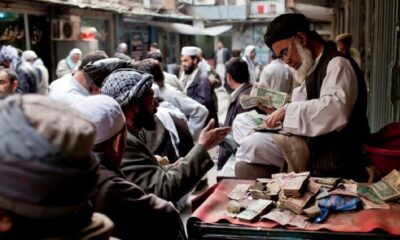
 Business4 days ago
Business4 days agoAfghan economy posts second year of growth despite deep structural challenges
-

 Latest News3 days ago
Latest News3 days agoAfghanistan to establish independent oil and gas authority
-

 Latest News3 days ago
Latest News3 days agoUS intelligence chief warns of ‘direct threat’ from suspected terrorists inside the country
-

 Sport4 days ago
Sport4 days agoATN to broadcast ‘The Best FIFA Football Awards 2025’
-

 International Sports4 days ago
International Sports4 days agoILT20: Jahangir powers Dubai Capitals to nine-run win over Abu Dhabi Knight Riders


